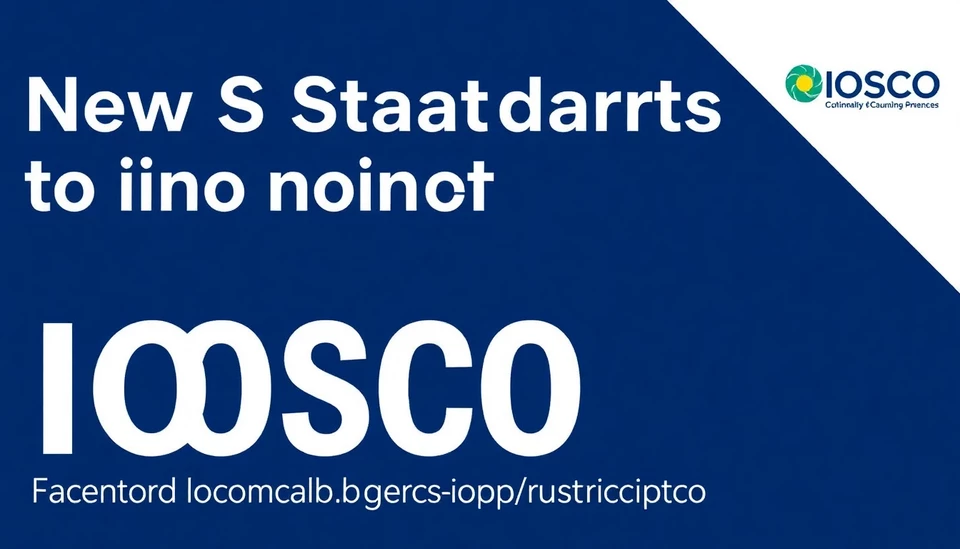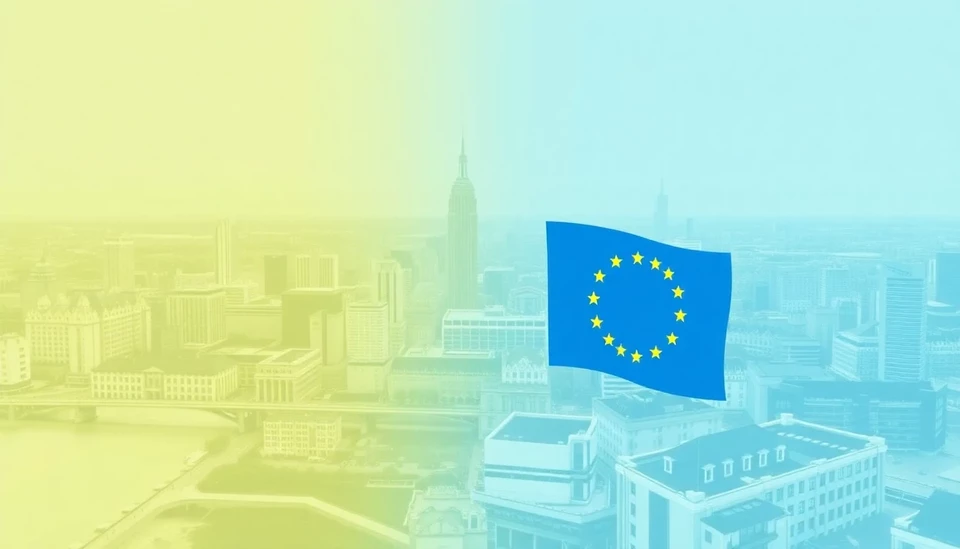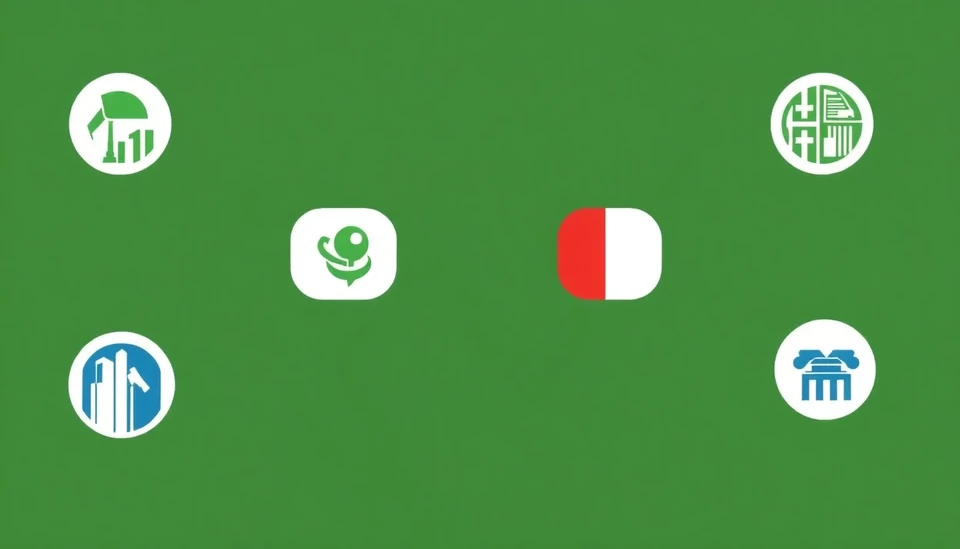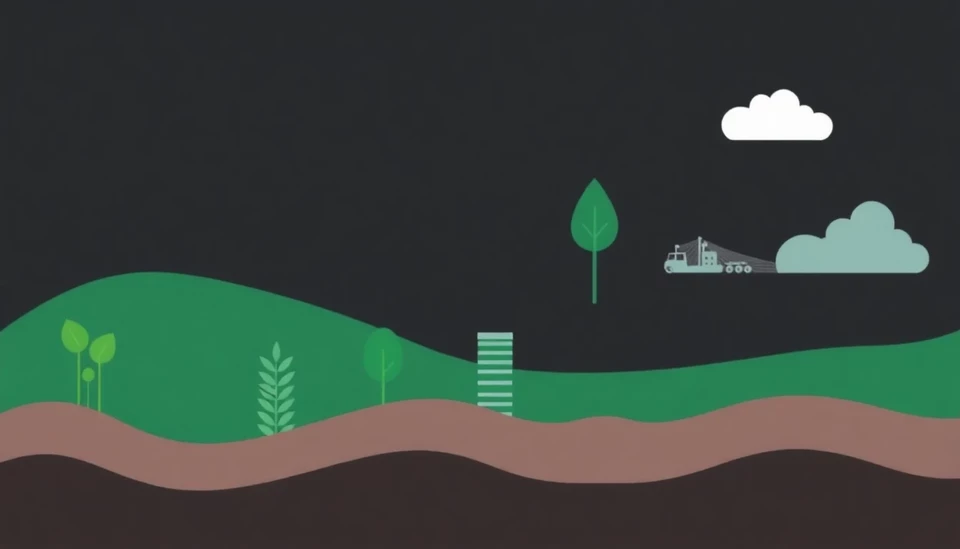
The International Organization of Securities Commissions (IOSCO) has unveiled a set of comprehensive standards aimed at enhancing the integrity and transparency of voluntary carbon markets. This significant development is designed to foster greater trust among investors and stakeholders in the burgeoning carbon offset industry, which has seen explosive growth as a tool for combating climate change.
The newly established guidelines are a response to the increasing scrutiny surrounding the management of carbon credits, particularly given the critical role these credits play in global efforts to achieve net-zero emissions. The standards are expected to provide a regulatory framework that can be adopted by various jurisdictions, ensuring that carbon offset projects are credible, verifiable, and effectively contribute to climate change mitigation efforts.
One of the key highlights of the IOSCO standards is the emphasis on clearer definitions and frameworks for measuring the impact of carbon credits. This includes establishing benchmarks that define what constitutes a “high-quality” carbon credit, as well as guidelines for reporting and disclosure. By setting these metrics, IOSCO aims to eliminate the current lack of uniformity and reduce the risk of greenwashing that has been prevalent in the market.
Furthermore, it is anticipated that these standards will enable better coordination among the numerous entities involved in carbon markets, from project developers to brokers and investors. By fostering a more standardized approach, IOSCO hopes to facilitate a more efficient marketplace that can attract a broader range of participants and investment.
The release of the IOSCO standards comes at a time when voluntary carbon markets are grappling with growing concerns regarding accountability and environmental integrity. Critics have pointed out that without a robust regulatory framework, the effectiveness of carbon offsetting efforts could be undermined, potentially leading to an increase in emissions rather than a reduction.
In summary, the introduction of these standards represents a crucial step towards strengthening the governance of voluntary carbon markets. As stakeholders across the globe move to align with international climate commitments, the IOSCO guidelines could serve as a foundational tool for building investor confidence and ensuring that carbon markets can effectively contribute to a sustainable future.
The implementation of these standards, however, will require close collaboration among regulators, market participants, and environmental organizations. Moving forward, the advancement of voluntary carbon markets will depend not only on the adoption of these standards but also on continued vigilance to uphold their integrity.
#CarbonMarkets #IOSCO #ClimateChange #Sustainability #GreenFinance
Author: Megan Clarke



